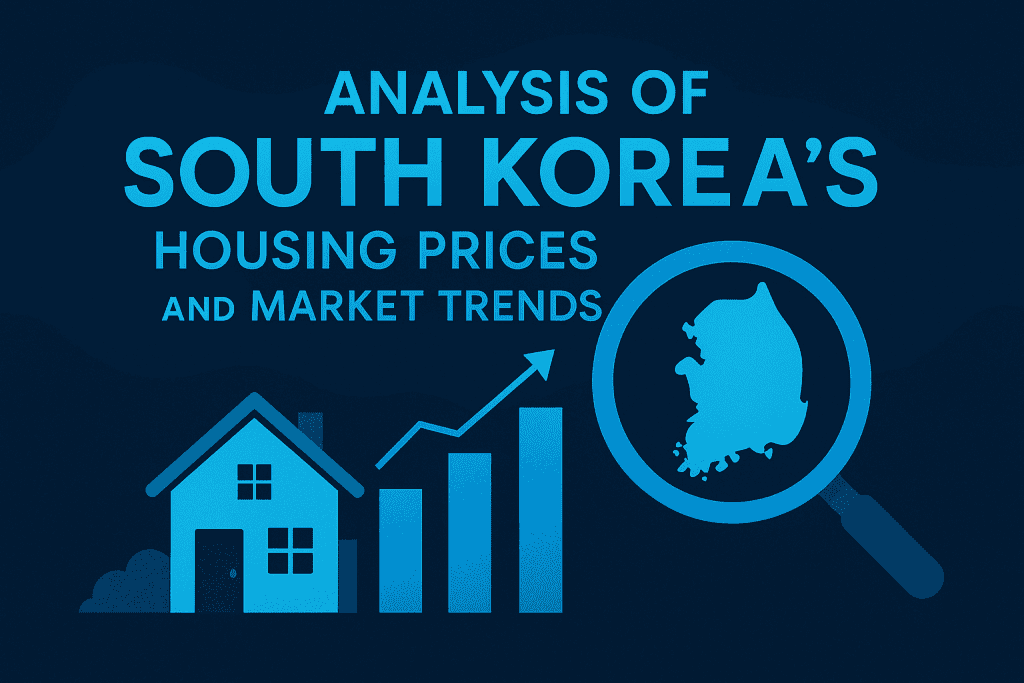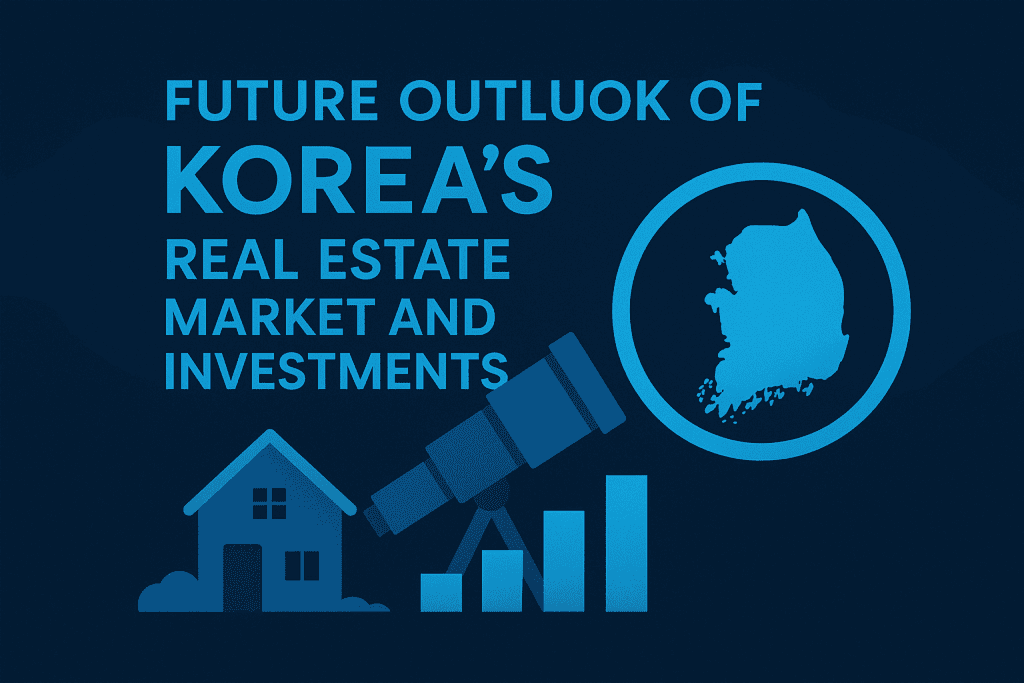
South Korea’s real estate market has always been a barometer of its economic health, offering critical insights into societal trends, government policies, and investment potential. With housing prices soaring in urban hubs and regional markets experiencing varying demand, the Real Estate Forecast Next 5 Years in Korea has become a hot topic among investors, policymakers, and homeowners. This review delves into expert projections and analyzes the factors poised to reshape the South Korean real estate landscape.
From housing market fluctuations to urban planning innovations, understanding what lies ahead is essential for making informed decisions. Let’s break down these trends and their implications.
Overview of Real Estate Forecast Next 5 Years in Korea
The Korean real estate market is expected to face a dynamic transformation over the next five years due to shifts in demographics, government regulations, and technological advances. Key highlights include:
- Population Aging and Housing Demand: With an aging population, demand for senior housing and smaller apartments will grow.
- Smart City Developments: Urban areas like Songdo will focus on integrating AI-driven infrastructure.
- Government Interventions: Policies to curb speculative buying are expected to continue, impacting property valuations.
- Sustainability Focus: Eco-friendly housing solutions will become more prominent as green living gains traction.
- Increased International Investments: Rising interest from foreign investors in Seoul and other metropolitan markets.
Pros and Cons
| Pros | Cons |
|---|---|
| Strong government policies to stabilize prices | Potential for slower ROI due to policy restrictions |
| Increasing demand for urban and smart housing | Aging population may reduce long-term housing demand |
| Growth in international investment interest | Rising construction costs impacting housing affordability |
| Development of eco-friendly and tech-focused housing | Risk of oversaturation in specific metropolitan areas |
Understanding these pros and cons can help stakeholders align their strategies with market trends.
In-Depth Analysis of Real Estate Forecast Next 5 Years in Korea

Housing Prices and Market Trends
Over the next five years, housing prices in Korea are expected to stabilize in response to aggressive government intervention aimed at cooling speculative markets. Recent price hikes in Seoul may plateau as new policies promote balanced urban-rural growth.
Technological Advancements in Real Estate
South Korea continues to lead in smart city innovations, integrating IoT and AI technologies into urban housing projects. Developments like Songdo International Business District exemplify this trend, with futuristic infrastructure attracting global attention.
Impact of Demographics
South Korea’s aging population will shape housing demands significantly. Smaller units tailored for seniors, coupled with co-living spaces for younger demographics, will dominate future developments. Developers will also prioritize barrier-free housing designs.
Global Economic Influences
Fluctuations in global interest rates, foreign exchange dynamics, and geopolitical factors will influence foreign investments in Korean real estate. While opportunities abound, cautious optimism is advised.
Comparison
Korea’s real estate trends stand apart from other global markets in significant ways:
| Aspect | South Korea | United States | Japan |
|---|---|---|---|
| Government Intervention | Aggressive cooling measures | Moderate regulatory control | Long-term stability focus |
| Urbanization Rate | Rapid growth in smart cities | Steady urban migration | Declining urban population |
| Aging Population Impact | Increased senior housing demand | Balanced demographic impact | Heavy focus on elderly-friendly housing |
South Korea’s approach to real estate development, particularly in technology integration, sets it apart as a global leader.
Conclusion

South Korea’s real estate market undeniably holds immense potential for innovation and growth over the next five years. As we look ahead, with government intervention actively stabilizing prices, advancements in technology reshaping urban landscapes, and demographic shifts influencing housing preferences, the market is poised for a sustainable transformation. Therefore, investors, policymakers, and homeowners should closely monitor key developments in urban centers like Seoul, as well as emerging smart cities, to make well-informed and strategic decisions.
For those seeking stability and innovation, South Korea undoubtedly offers a promising market. However, understanding the nuances of government regulations and demographic trends is crucial for achieving long-term success and minimizing risks. Thus, staying updated with evolving policies and market demands will be key to capitalizing on this dynamic real estate landscape.
FAQ
How will government policies impact the real estate market in South Korea over the next five years?
Aggressive cooling measures and incentives for sustainable development are expected to stabilize housing prices, reducing speculative buying and fostering affordability.
What role will technology play in the Korean real estate market?
Technological advancements such as AI-driven platforms and IoT-integrated housing will redefine urban living, making Korea a leader in smart city innovations.
Is South Korea’s real estate market a good investment?
Yes, especially in emerging smart cities and eco-friendly developments. However, understanding regulatory frameworks and demographic trends is essential.
Resources
- Korea Times: Uncover the Housing Market 2025 Projections
- Global Property Guide: Discover more about South Korea Price History
- KED Global: Learn More About Real Estate News
- Report Linker: Explore Korea Real Estate Data
- Trading Economics: Study Korea Housing Index
